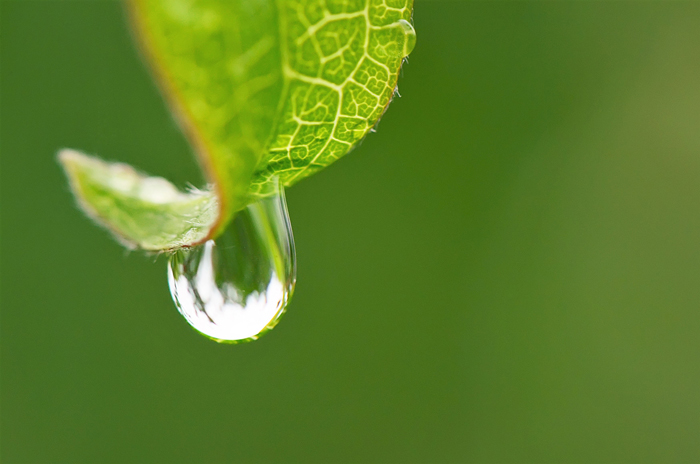The agenda will include water conservation initiatives such as reuse projects, innovative irrigation systems, and desalination units.

Brasilia, March 12, 2018 (IICA). Efficient and sensible water resource management has become increasingly important to the conservation of life on the planet, especially in view of the current climate change scenario.
At the 8th World Water Forum, to be held in Brasilia (DF) from March 18 to 23, the Inter-American Institute for Cooperation on Agriculture (IICA) will, in the interest of rural development in the Americas, report and spearhead a discussion on the actions it is currently carrying out with its strategic partners in the area of water resource management.
As part of the Regional Process, IICA will be facilitating the session entitled “Water for Food Safety and Rural Development in the Americas: current issues and opportunities”, scheduled for March 20 at 9:00 AM. The main purpose of this activity is to discuss strategies to boost water security in rural areas and in the food production system.
IICA Brazil’s specialist in Natural Resources, Environmental Management and Adaptation to Climate Change, Gertjan Beekman, who will lead the session, explains that the Institute’s actions on water are governed by Sustainable Development Goal (SDG) 6 – Ensure availability and sustainable management of water and sanitation for all.
“This Forum’s overarching theme will be ‘Sharing water’, and ‘sharing’ is pivotal to international cooperation”, said Beekam. As an example, he cited two research projects and actions on integrated water resource management taken as part of the Technical Cooperation under the Interaguas Program, sponsored by IICA in partnership with Brazilian cabinet ministries.
Discussion
The session on “Water for food security and rural development in the Americas” will include five panel discussions on the social impact of using desalination units in small rural communities; investing in ecosystem services; irrigation projects; reuse of waste water in agriculture; and collaborative methodologies for water conservation.
In addition to the panel discussions, there will be a report on two case studies, including a Swiss Agency for Development and Cooperation (SDC) project on the Corporate Governance of Water: Water-Related Risk Management and Impact Reduction.
The second case study to be discussed is the program “Semear Internacional”, a partnership between IICA and the International Fund for Agricultural Development (IFAD). “Semear” is a knowledge management program for the semiarid regions of Northeastern Brazil meant to facilitate access to knowledge, innovation, and good practices to be implemented and replicated by farmers in order to improve their own living conditions and foster regional development.
IICA will also be given a chance to showcase its projects at SDG Planet, an event running parallel to the 8th Forum, at the Brasilia Planetarium. This venue will be open to the public with a view to encouraging dialogue with and inclusion of the population regarding the topics on the Forum’s agenda.
About the Forum
The World Water Forum is the largest global event on water. It is organized by the World Water Council, an international organization of stakeholders whose mission is “to promote awareness, build political commitment and trigger action on critical water issues at all levels, to facilitate the efficient conservation, protection, development, planning, management and use of water in all its dimensions on an environmentally sustainable basis for the benefit of all life”.
To date, the Forum has met seven times on four different continents: Africa, America, Asia, and Europe. In 2014, Brazil’s application was accepted and the city of Brasilia was selected to host the 8th edition of the Forum.
This is the first time this event will be held in the Southern Hemisphere. The organizers expect a turnout of approximately 35 thousand attendees representing 400 organizations working with water resources, from some 70 countries around the world.
More information:
Gertjan Beekman, Specialist, Natural Resources, Environmental Management and Adaptation to Climate Change at IICA Brazil.










